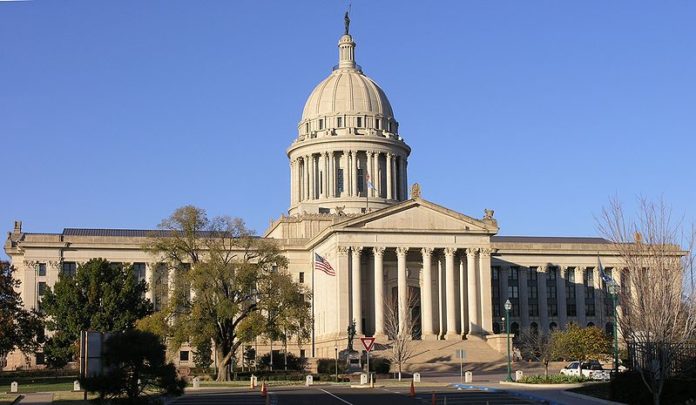BY DAVID PERRYMAN
 Old Mother Hubbard went to the cupboard to fetch her poor dog a bone.
Old Mother Hubbard went to the cupboard to fetch her poor dog a bone.
When she got there, the cupboard was bare so the poor little doggie had none.
Historians differ on the origin of this nursery rhyme.
Some believe that the rhyme’s allegorical origin was rooted in the refusal of Cardinal Thomas Wolsey to grant the request of King Henry VIII for a divorce from Queen Katharine of Aragon so that the monarch could marry Anne Boleyn with whom he was passionately in love. Others opine that it is a political commentary relating to a historical figure or event, the identity of which has faded into obscurity.
Nonetheless, it is clear that The Comic Adventures of Old Mother Hubbard and Her Dog by Sarah Catherine Martin first appeared in print in London around 1805. Taken at face value, it was a whimsical literary concoction about an elderly woman who thought that she had set aside adequate sustenance for her dog. When the need arose she went to the secure location where the bone was stored, only to find that it had been removed. Alas, the pup would not be eating.
While the author of the book may have used the phrase “comic adventures” in the title of the story, it would be a pretty safe bet that the canine did not see anything humorous about having “none.”
Oklahomans who want adequate roads, bridges, schools, fire protection and other essential public services are finding themselves in the same condition as the dog.
Tax revenues that are intended for the common good of our citizens are missing, absconded or simply repurposed under any of a number of theories of economic principles.
Ms. Hubbard may have been surprised when the cupboard was empty, but Oklahomans shouldn’t be when they realize that the state is actually giving away more in corporate tax credits and refunds than it is receiving in corporate income tax.
According to an article in the Journal Record [6.11.14], because of “continued shortfalls” in corporate income tax collections, Oklahoma’s General Revenue Fund collections last month were down nearly $6 million from a year ago and were more than $25 million short of the official estimates of the governor’s staff.
Ironically, while Oklahoma collected $9.1 million in corporate income taxes in May, none of it reached the state’s general fund because corporate tax refunds totaled $15.4 million.
How can anyone be surprised that the budget has a gaping hole when the state gives away 169% of what it receives?
That means in one month alone $6.3 million of non-corporate income tax revenue subsidized Oklahoma’s liability for tax credits, tax deferrals and refunds and had to be added to the $9.1 million collected and refunded back in the form of refunds.
In an Oklahoma Watch article by Warren Vieth, published in the Journal Record [6.10.14], “This year’s corporate tax collections have fallen so far below expectations that the state came within a hair’s breadth of declaring a ‘revenue failure’ that, in turn, would have triggered across the board cuts in scores of state programs.”
Vieth reported that “officials say the state has contributed to the problem by creating a smorgasbord of tax credits over the years, suspending some of them temporarily to boost recession-era budgets, reinstating them later, allowing prior-year refunds and failing to accurately gauge the impact of all the changes.”
Through the first 11 months of the fiscal year, corporate income tax collections are $135.4 million below prior year collections and a whopping $151 million below the estimate. With $188 million less to meet the recurring obligations of our state government, the crafters of this year’s budget took the novel approach of proposing an income tax cut.
State Auditor and Inspector Gary Jones says that he expects corporate tax collections to remain volatile and to potentially decline over time as companies continue to pressure lawmakers to extend tax credits and incentives.
Now in all fairness, Oklahoma would not be the home of the Thunder franchise if not for the oil and gas industry and tax credits. Oklahoma City’s Bricktown district and corresponding Oklahoma River district would not be the jewel of OKC without tax incentive financing.
However …
According to Auditor Jones, “ … a lot of the decisions we’re making in Oklahoma City tend to be more based on campaign contributions and lobbyists’ concerns than they are on what’s in the best interest of the citizens of Oklahoma.”
You think?!!!
– David Perryman, a Chickasha Democrat, represents District 56 in the Oklahoma House of Representatives








